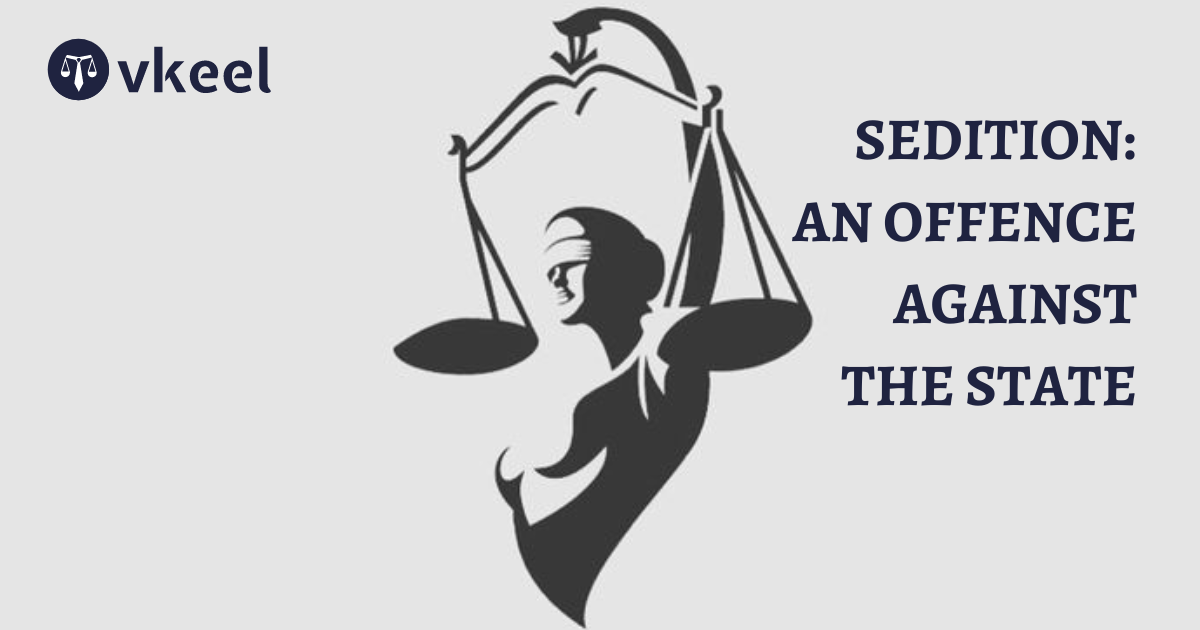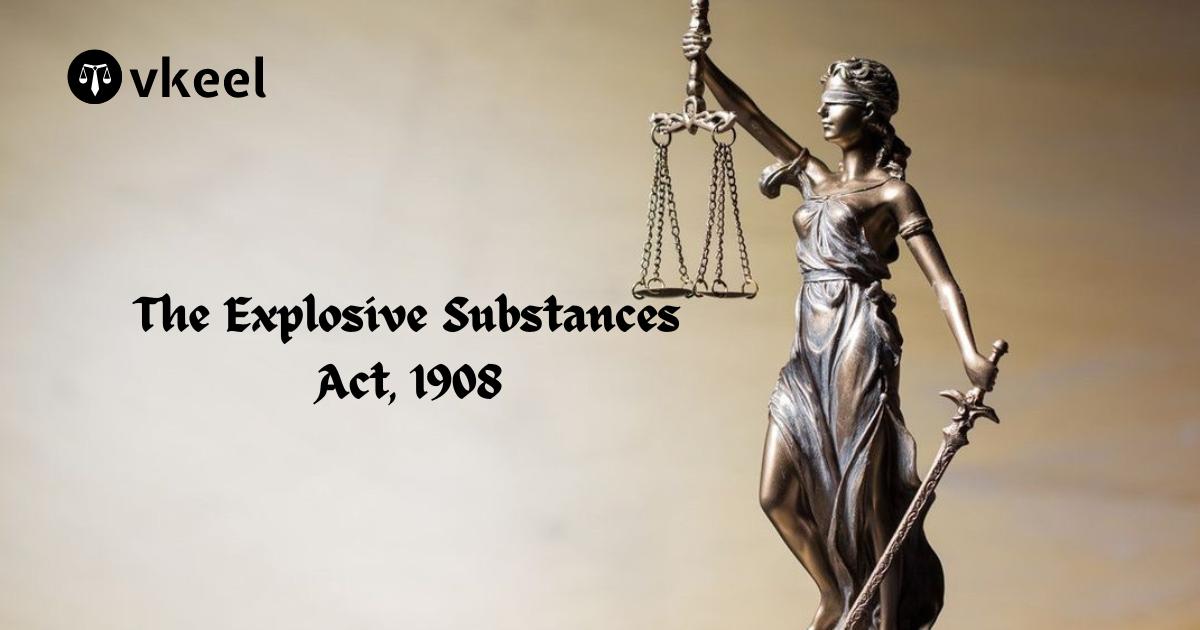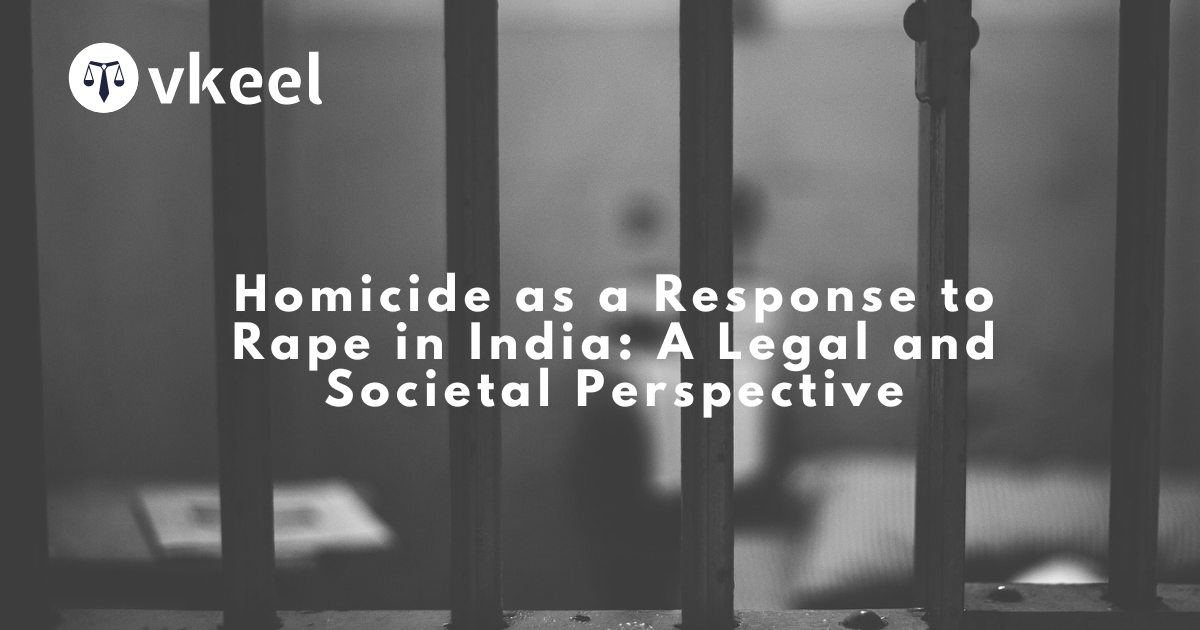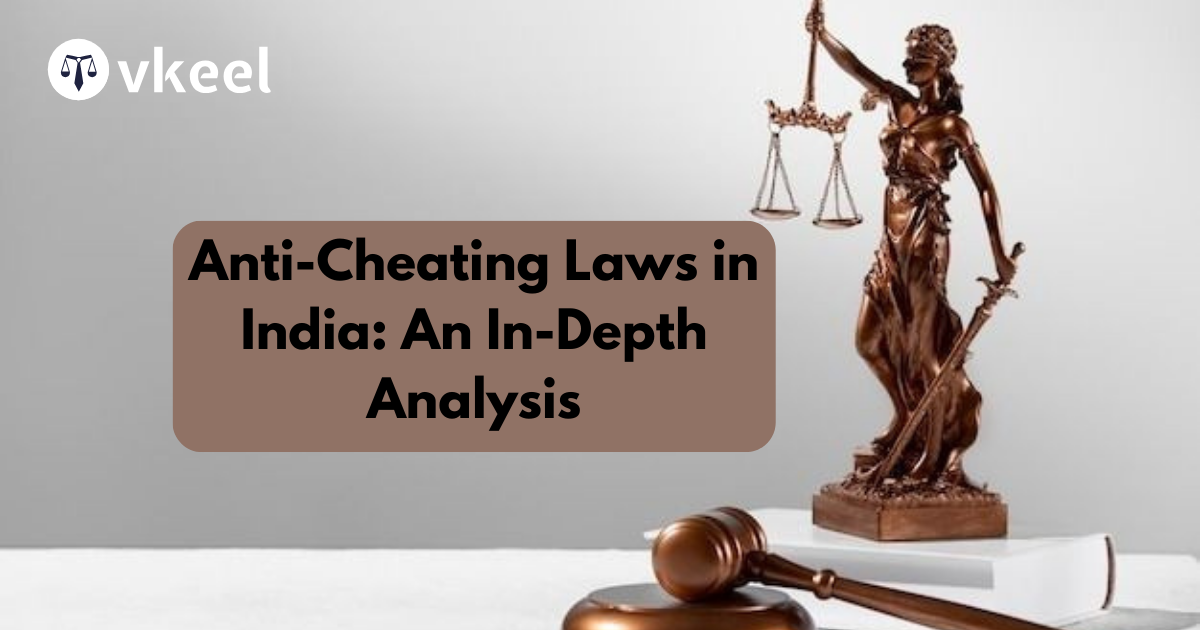Sedition – An offence against the State
By Joy Puri
Table of Contents
Introduction
Sedition related legislations often exist alongside laws against treason in the particular country, although they are distinctive in their scope and severity across the nation. Whereas treason involves directly betraying one’s country or sovereign of the respective country, sedition can possess multiple range of activities that pose as a challenge to the authority of the ruling regime without necessarily aiming to overthrow it.
The interpretation and enforcement of sedition laws varies mostly from country to country. What constitutes and amounts to sedition in one jurisdiction may be considered legitimate political expression elsewhere on the land. In furtherance to that, sedition laws must often bring in a delicate balance between protecting national security & integrity and upholding civil liberties, holding difficulties in legal and ethical challenges for policymakers and legal scholars of the country.
The typical ease with which individuals can possess ideas and build movements online has prompted governments to grapple with how to modify digital speech laws while respecting freedom of expression within the country. Cases of online sedition, where individuals hold their internet to spread anti-government views or sentiments or incite rebellion, have prompted various authorities to modify existing laws or bring up new measures to address this evolving threat to the nation.
Although, this digital arena also poses challenges in distinguishing between legitimate dissent and seditious activities by the individuals, raising questions about censorship, surveillance, and the boundaries of permissible speech in the digital age. As technology continues to shape the dynamics of political expression, the debate over sedition and its implications for civil liberties is likely to remain a pressing concern for policymakers, activists, and legal experts worldwide.
What is sedition?
There have existed various thinkers who have deciphered and come up with the definitions of the abovementioned topic.
John Locke: “Sedition is the raising of commotions or disturbances in the state to overthrow the government.” A powerful enlightenment philosopher and a prominent jurist, guided the concept of sedition in his political authored writings. He, commonly viewed sedition as an act against the government’s authority that undermines the social contract between rulers and the people who are thereby governed by the political leaders. However, Locke also emphasized the right to resist tyrannical governments, suggesting that not all acts of resistance should be considered sedition. He also emphasized on free speech and autonomy of the individual.
Thomas Jefferson: “Whenever any form of government becomes destructive of these ends, it is the right of the people to alter or abolish it.” Jefferson, who was one of the founding fathers of the United States, famously wrote that Declaration of Independence about the right of citizens to alter or abolish a government that becomes destructive of their rights. His views matched with that of Locke’s in that he believed in the legitimacy of resistance against oppressive rulers. Jefferson’s definition of sedition often focused on actions that directly incite rebellion or insurrection.
Karl Marx: “The history of all hitherto existing society is the history of class struggles.” He was a German philosopher and revolutionary socialist in his country, approached sedition from a class struggle perspective. He argued that sedition generally arises from the contradictions inherent in capitalist societies of the pertaining country, where the ruling class exploits and oppresses the working class. Marx saw sedition as a natural consequence of these tensions and believed that the working class should organize and resist the oppressive structures of capitalism.
Sedition as a double faceted coin
Sedition is a double faceted coin as it has two sides in the realm of the individual’s life and personal autonomy. The pros and cons of the antecedent are enumerated below.
THE ADVANTAGES
National Security issues: Sedition legislations are vital to preserve the integrity and sovereignty of the nation by preventing activities that could incite violence, rebellion, or insurrection against the state.
Public Order in the coutry: These laws help in maintaining public order by punishing the wrongful actions that could lead to unrest or disruption of harmony within society.
Deterrence: The existence of sedition laws serves as a deterrent aspect against individuals or groups attempting to instigate or incite violence or unrest against the government.
Promoting Unity: Sedition laws can be used to prevent activities that may threaten the unity and sovereignty of the country by promoting disaffection or hatred among different communities.
THE DISADVANTAGES
Curtailment of Free Speech: Many argue that sedition laws often infringe upon the fundamental right to freedom of speech and expression guaranteed by the Constitution of the democracies, as they can be used to suppress dissent and criticism of the government.
Misuse By the ruling party: There have been instances where sedition laws have been misused by authorities to target political opponents, activists, journalists, and dissenting voices, rather than addressing genuine threats to national security. These types of cases have also taken place in India with a malicious intent.
Ambiguity: The words used in sedition laws are often vague and open to interpretation by the judiciary, leading to ambiguity in its application and giving authorities broad discretion, which can be abused.
Trickle Down Effect: The mere existence of sedition laws can create a chilling effect on free speech and expression, within individuals and groups refraining from expressing their opinions or criticizing the government out of fear of legal repercussions.
Landmark Judgements
The landmark judgment in regards to the sedition laws in India are entailed below.
KedarNath Singh v. State of Bihar (1962). In the pertaining case, the Supreme Court of India had upheld the constitutionality of Section 124A of the Indian Penal Code. However, the court also laid down important restrictions on the application of the sedition law. In the judgment, Chief Justice BP Sinha gleamed “The provisions of the sections read as a whole, along with the explanations, make it reasonably clear that the sections aim at rendering penal only such activities as would be intended, or have a tendency, to create disorder or disturbance of public peace by resort to violence.”
Aruna Roy & Ors vs Union Of India & Anr (2002) In the prevailing case, the Supreme Court emphasized the importance of freedom of speech in a democracy. Justice Y.K. Sabharwal gleamed “Democracy is the government of the people, by the people, and for the people. The importance of the rights conferred by Article 19(1)(a) on a citizen of this country cannot be underestimated. These are the basic rights which enable an individual to effectively participate in the democratic process.”
Balwant Singh and Another v. State of Punjab (1995) In this case, the Supreme Court reiterated the cruciality of the distinction between criticism of the government and acts that incite violence or public disorder. Justice S.B. Majmudar observed “The provisions of Section 124A IPC read with its explanation make it clear that the provisions of the said section would be attracted only when the acts complained of amount to incitement to violence or intention or tendency to create public disorder or cause disturbance of public peace.”
Conclusion
Sedition laws, despite their real purpose of maintaining social order and national security, have many times been wielded as tools of suppression against dissent and criticism. In many nations, activists, journalists, and political opponents have faced charges under sedition laws for expressing dissenting views or advocating for minority rights. Which has thereby affected the basic fabric of the constitution and the root of the democracy.
Various countries inherited sedition laws from their colonial past, where these laws were often used to suppress independence movements and quell dissent against colonial rule in the particular country. In post-colonial societies, these laws continue to be a contentious issue, as they symbolize a legacy of oppression and state control. Calls for the repeal or reform of sedition laws are often intertwined with efforts to address historical injustices to the people and promote reconciliation amongst the individuals of the society.
Disclaimer:
The information provided in the article is for general informational purposes only, and is not intended to constitute legal advice or to be relied upon as a substitute for legal advice. Furthermore, any information contained in the article is not guaranteed to be current, complete or accurate. If you require legal advice or representation, you should contact an attorney or law firm directly. We are not responsible for any damages resulting from any reliance on the content of this website.







